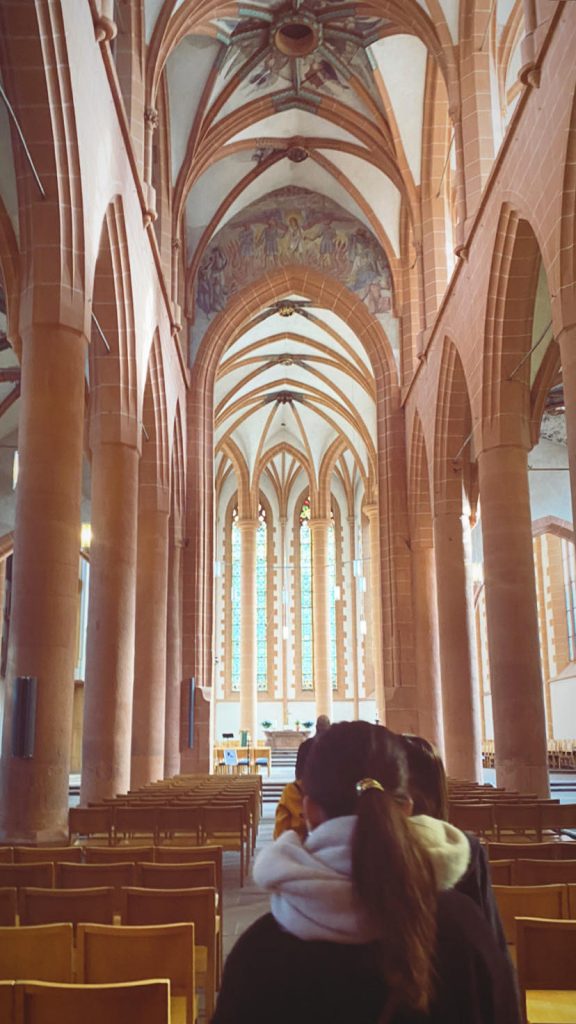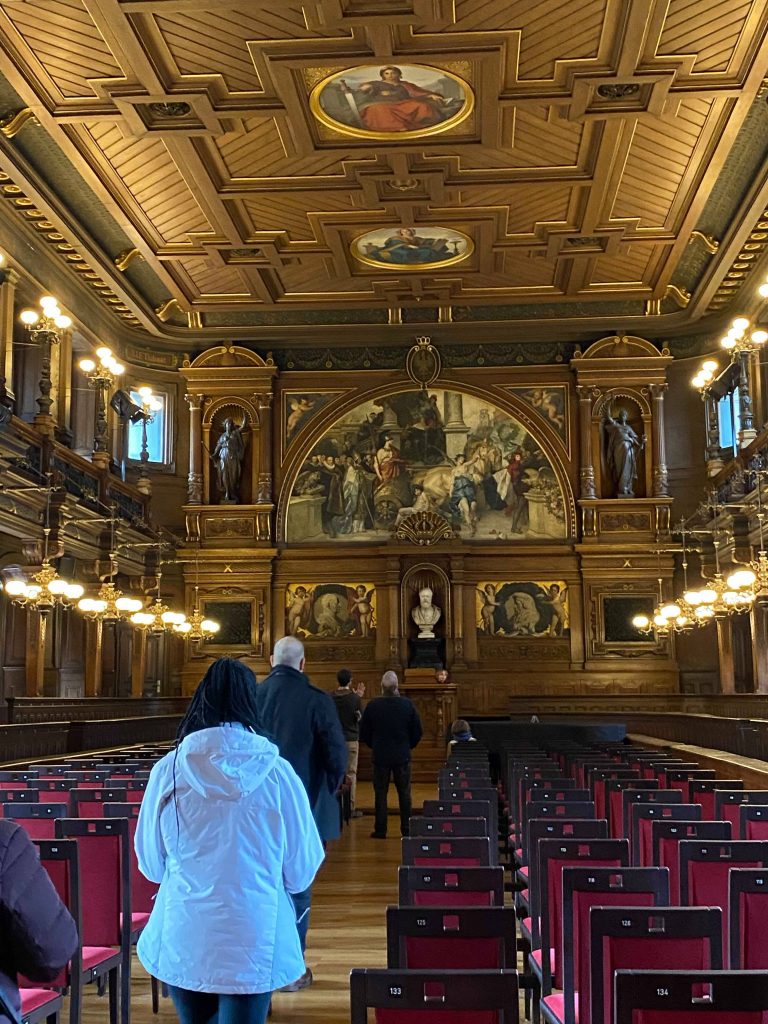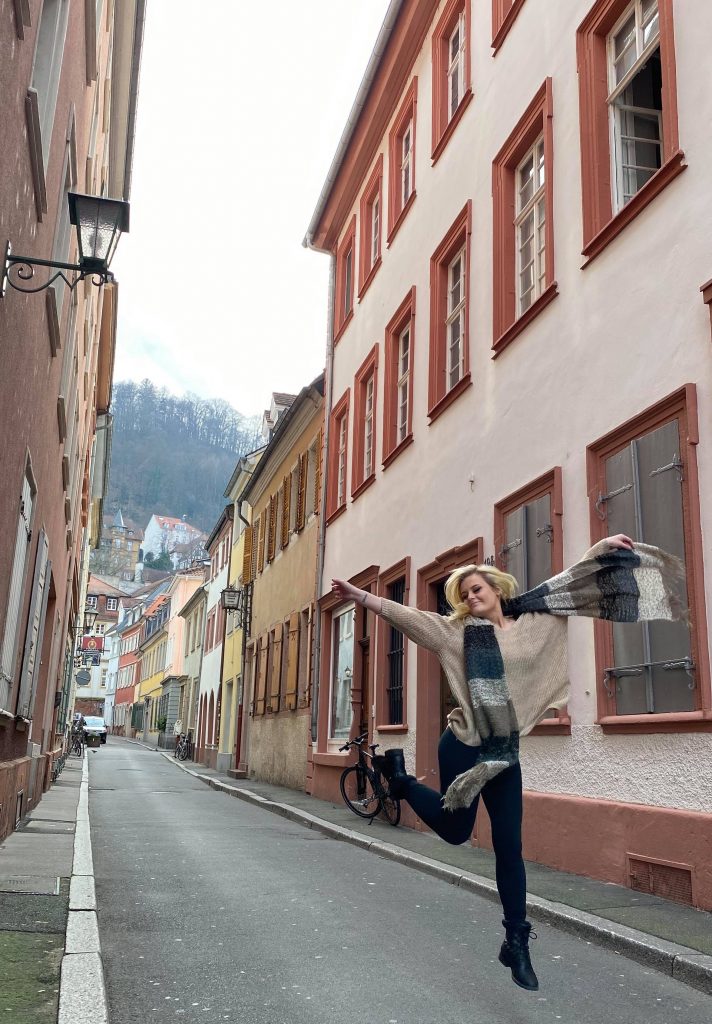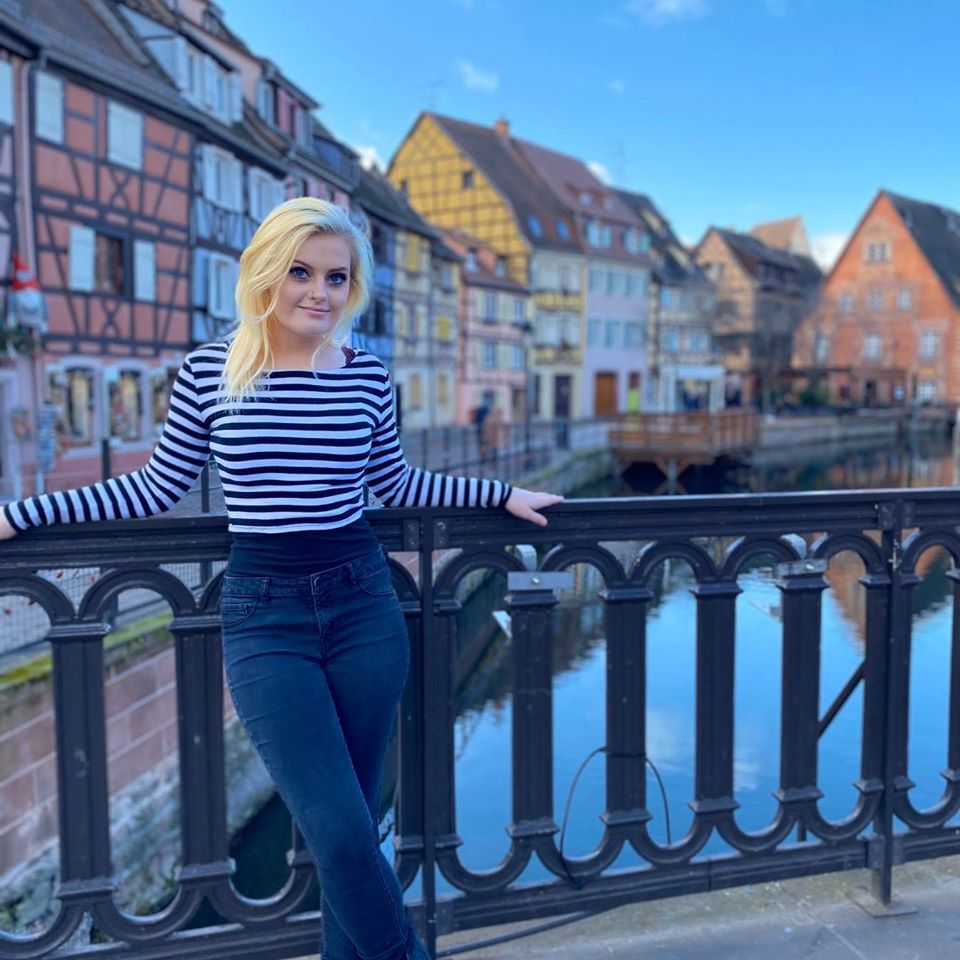Heidelberg: The City Lost in Time
The city of Heidelberg, Germany was not at all what I was expecting. Other cities in Germany that I had visited bore the same similarities: new, pristine, industrious cities focused on innovation and consumerism. However, to me, Heidelberg is the hidden gem of Germany.

Just walking through the city square feels like you’re walking through time. Your feet glide across ancient-looking cobblestone, as you gaze up at buildings almost unchanged since the 17th century and sitting prominent on the mountaintop are the renovated ruins of an ancient castle and you wonder if you’re in the Middle Ages.

At the beginning of our tour through Heidelberg, our incredibly excited tour guide painted a lovely picture of the evolution the town experienced as it changed over the years, but still seemingly remained lost in time. In the 18th and 19th centuries, Heidelberg was swept by Romanticism, which emphasized intense and virtually unprecedented emotions like passion, longing, and individualism. This attracted countless artists, poets, and romantics from around the world, including a one Mark Twain, who is rumored to have written Huckleberry Finn after being inspired by the city of Heidelberg. The Romantics viewed almost everything in a romantic light, even life, death, loss, and heartbreak.
That feeling of Romanticism really comes to life as you walk through the city. It was a town that was caught and confused between multiple centuries of change, and even the architecture displayed this.

In the city center, an enormous cathedral pierced through the sky. We were able to sit in the congregation of the church and listen to its history. Large and colorful stained-glass windows and ceilings painted with scenes of angels frolicking through a garden gave the room a beautiful ambiance. In learning that the cathedral served as the central meeting point for the city, including not only for church services but for activities like prostitution, I learned that everything is not always what it seems. Heidelberg definitely had a rich, and nothing short of interesting and romantic, history.

It was as if we were literally taking a stroll through history, back in time to the origins and key moments of the city. We visited the historic classrooms of Heidelberg University, which back in the Middle Ages, had an enrollment of less than three hundred students. The university, founded by Rupert I in 1385 and reformed by Karl Friedrich in 1803, featured ancient classrooms that were absolutely breathtaking, and was taught by professors like none other than Robert Bunsen, who taught the first chemistry classes at the university. Words do not do this incredible place justice, so perhaps a picture can help me get my point across:

It wasn’t until we hiked up to the glorious Heidelberg castle, originally built in 1214, that I had an extremely eye-opening experience. It was half in ruins and half renovated. As I sat at the top of the castle, overlooking the entire city, I could hear the bell tower of the cathedral ringing out throughout the city. At that height, it felt like the sound of the bells shot out straight toward me and I could feel each gong in my chest, like my heart was beating loudly and I started to feel very self-reflective.
And I couldn’t help but to think about the romantic history of the city. The romantics thought of passionate love affairs and soul mates, but they also liked to flirt with death. They would think about death romantically and existentially, as in it could happen at any moment, and therefore every glass of wine, every kiss, every experience thus became romantic and special.
At that moment, I realized that one day I am going to die. Maybe not soon, but one day. I have always struggled with depression throughout my life, and had hit a very low point recently, but I realized at that moment that when my time comes, I don’t want to look back with regret and feel like I took all these wonderful moments for granted. Every second that I spent in Heidelberg was romantic in this sense and changed my entire outlook on life. I feel as though I can experience every second of my life in a romantic sense, appreciating both the good and the bad.
So, thank you to Heidelberg, for teaching me to flirt with death and helping me to find my joie de vivre again.


Sarah Wallace is a native West Virginian, who loves to travel the world and experience exciting new adventures. She is a student at West Virginia University where she is completing Bachelors in International Studies, Political Science, and French, and attends the University of Strasbourg as an exchange student studying Political Science. After graduating, Sarah plans to volunteer in the Peace Corps in the Youth and Development sector, and dreams of one day becoming President of the United States (or the world).